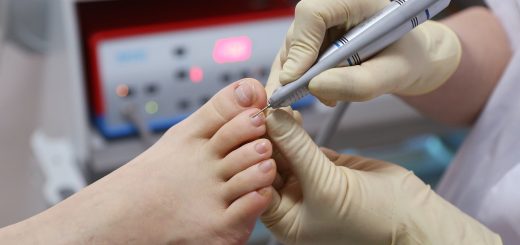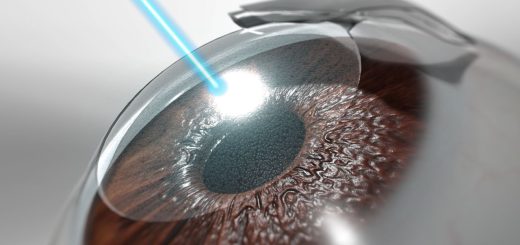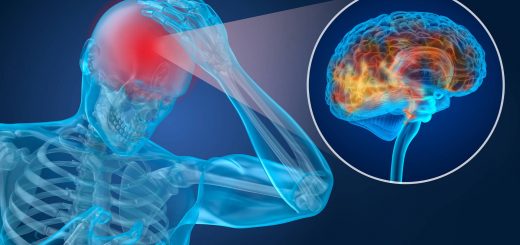Understanding Hearing Loss
Hearing loss is a common problem caused by noise, aging, disease, and heredity. People with hearing loss may find it hard to have conversations with friends and family. They may also have trouble understanding a doctor’s advice, responding to warnings, and hearing doorbells and alarms.
Approximately one in three people between the ages of 65 and 74 has hearing loss, and nearly half of those older than 75 has difficulty hearing. But, some people may not want to admit they have trouble hearing.
Older people who can’t hear well may become depressed, or they may withdraw from others because they feel frustrated or embarrassed about not understanding what is being said. Sometimes, older people are mistakenly thought to be confused, unresponsive, or uncooperative because they don’t hear well.
Hearing problems that are ignored or untreated can get worse. If you have a hearing problem, see your doctor. They might be able to help with hearing aids, special training, certain medicines and surgery.
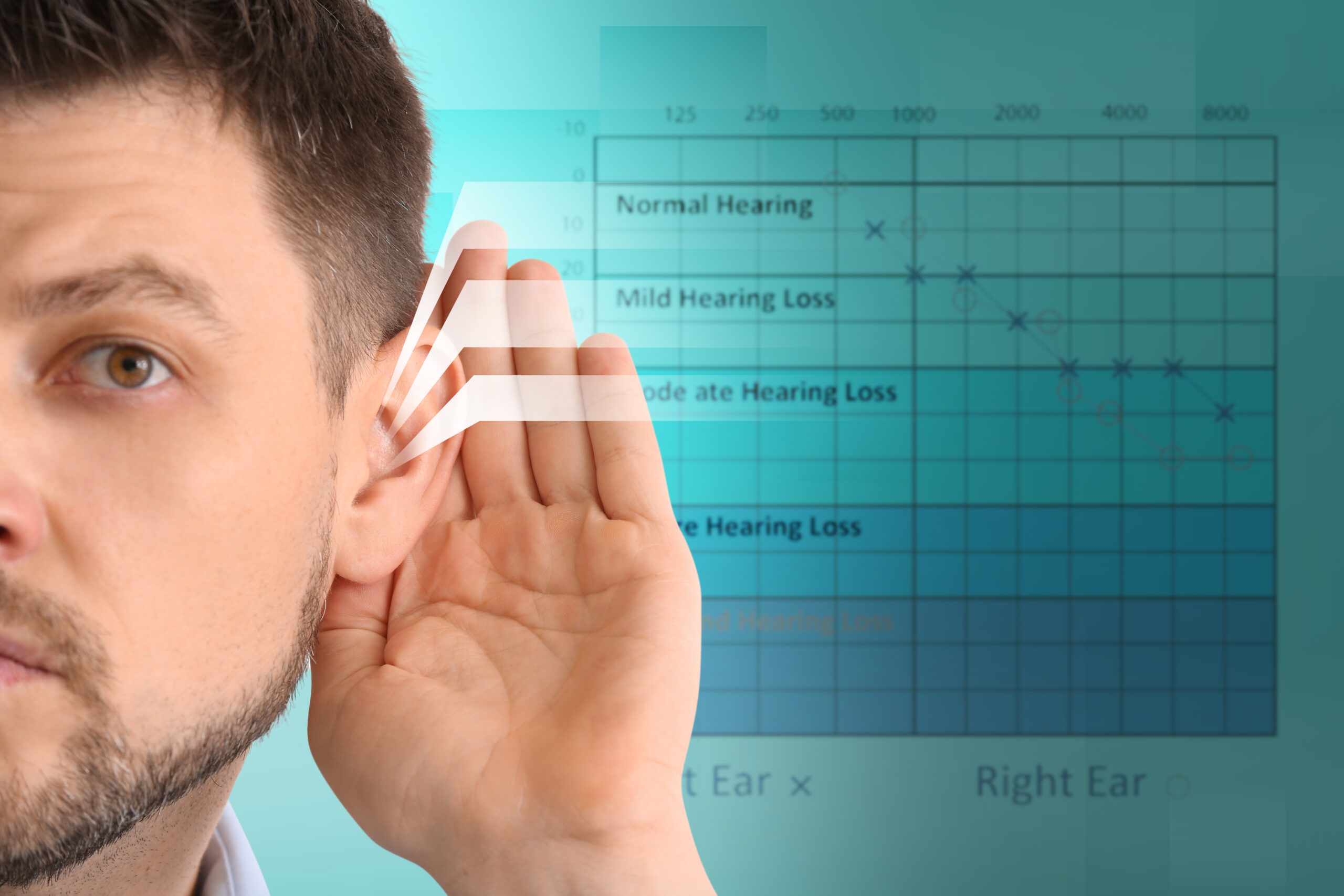
Hearing and Cognitive Health
Studies have shown that older adults with hearing loss have a greater risk of developing dementia than older adults with normal hearing. Cognitive abilities (including memory and concentration) decline faster in older adults with hearing loss than in older adults with normal hearing. Treating hearing problems may be important for cognitive health.
Signs of Hearing Loss
Some people have a hearing problem and don’t realize it. You should see your doctor if you:
-
Have trouble hearing over the telephone
-
Find it hard to follow conversations when two or more people are talking
-
Often ask people to repeat what they are saying
-
Need to turn up the TV volume so loud that others complain
-
Have a problem hearing because of background noise
-
Think that others seem to mumble
-
Can’t understand when women and children speak to you
Types of Hearing Loss
Hearing loss comes in many forms. It can range from a mild loss, in which a person misses certain high-pitched sounds, such as the voices of women and children, to a total loss of hearing.
Sensorineural hearing loss occurs when there is damage to the inner ear or the auditory nerve. This type of hearing loss is usually permanent. Conductive hearing loss occurs when sound waves cannot reach the inner ear. The cause may be earwax build-up, fluid, or a punctured eardrum. Medical treatment or surgery can usually restore conductive hearing loss.
Sudden Hearing Loss
Sudden sensorineural hearing loss, or sudden deafness, is a rapid loss of hearing. It can happen to a person all at once or over a period of up to 3 days. It should be considered a medical emergency.
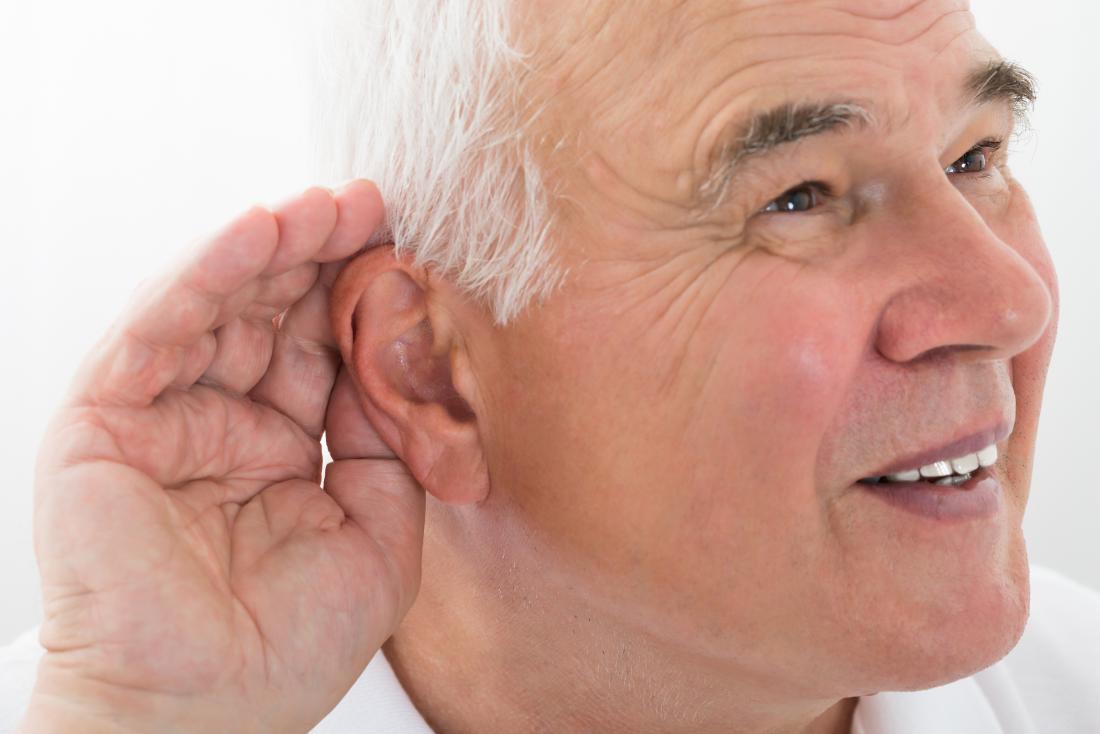
Age-Related Hearing Loss (Presbycusis)
Presbycusis, or age-related hearing loss, comes on gradually as a person gets older. It seems to run in families and may occur because of changes in the inner ear and auditory nerve. Presbycusis may make it hard for a person to tolerate loud sounds or to hear what others are saying.
Age-related hearing loss usually occurs in both ears, affecting them equally. The loss is gradual, so someone with presbycusis may not realize that he or she has lost some of his or her ability to hear.
Ringing in the Ears (Tinnitus)
Tinnitus is also common in older people. It is typically described as ringing in the ears, but it also can sound like roaring, clicking, hissing, or buzzing. It can come and go. It might be heard in one or both ears, and it may be loud or soft. Tinnitus is sometimes the first sign of hearing loss in older adults. Tinnitus can accompany any type of hearing loss and can be a sign of other health problems, such as high blood pressure, allergies, or as a side effect of medications. Tinnitus is a symptom, not a disease. Something as simple as a piece of earwax blocking the ear canal can cause tinnitus, but it can also be the result of a number of health conditions.
Causes of Hearing Loss
Loud noise is one of the most common causes of hearing loss. Noise from lawn mowers, snow blowers, or loud music can damage the inner ear, resulting in permanent hearing loss. Loud noise also contributes to tinnitus. You can prevent most noise-related hearing loss. Protect yourself by turning down the sound on your stereo, television, or headphones; moving away from loud noise; or using earplugs or other ear protection.
Earwax or fluid build-up can block sounds that are carried from the eardrum to the inner ear. If wax blockage is a problem, talk with your doctor. He or she may suggest mild treatments to soften earwax.
A punctured ear drum can also cause hearing loss. The eardrum can be damaged by infection, pressure, or putting objects in the ear, including cotton-tipped swabs. See your doctor if you have pain or fluid draining from the ear.
Health conditions common in older people, such as diabetes or high blood pressure, can contribute to hearing loss. Viruses and bacteria (including the ear infection otitis media), a heart condition, stroke, brain injury, or a tumor may also affect your hearing.
Hearing loss can also result from taking certain medications. “Ototoxic” medications damage the inner ear, sometimes permanently. Some ototoxic drugs include medicines used to treat serious infections, cancer, and heart disease. Some antibiotics are ototoxic. Even aspirin at some dosages can cause problems. Check with your doctor if you notice a problem while taking a medication.
Heredity can cause hearing loss, as well. But not all inherited forms of hearing loss take place at birth. Some forms can show up later in life. For example, in otosclerosis, which is thought to be a hereditary disease, an abnormal growth of bone prevents structures within the ear from working properly.

